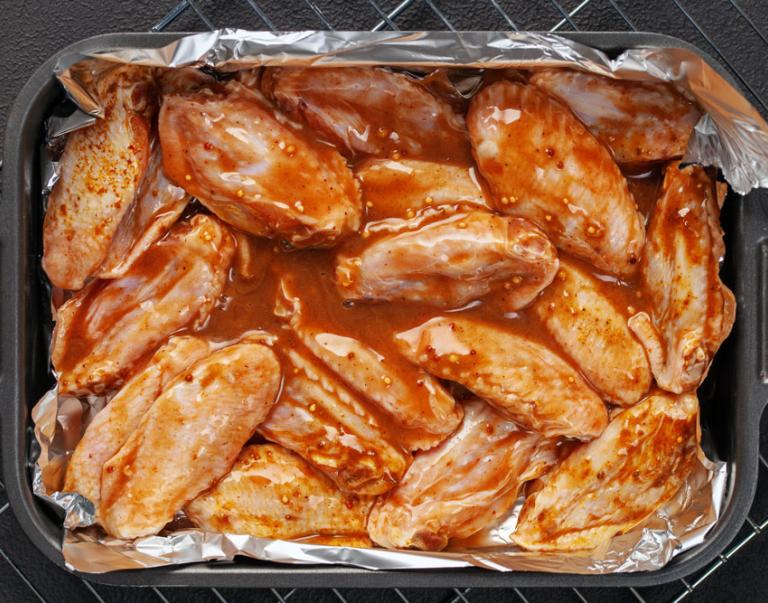Written by Audrey Rowe, USDA Deputy Administrator of Special Nutrition Programs
I recently had the honor of speaking at the National Urban League Centennial Conference in Washington DC. The National Urban League is a partner in our efforts to combat obesity and hunger, particularly in African American communities. I was happy to have the opportunity to explain the role USDA’s nutrition assistance programs play in combating obesity and hunger and to emphasize the need for us to work collaboratively to solve these issues.
Nutrition assistance programs are very important to the country. One of the biggest challenges many families face, especially during tough economic times, is putting food on the table. Food insecurity is on the rise with many more people reporting hunger at different points during the year. Fortunately, our nutrition assistance programs are making a difference and are providing record numbers of people access to healthful food.
For example, more than 40 million people participate in the Supplemental Nutrition Assistance Program (SNAP) alone each month -- 33 percent of whom are African American. SNAP helps put nutritious food on the table and provides families the means to sustain a healthful diet. One-half of all children will participate in SNAP at some point during their childhood--including 90% of African-American children. Equally troubling is the obesity epidemic. Currently one in three children is either overweight or obese. We need to act now to address these seemingly opposite but related problems of childhood hunger and childhood obesity – both fueled by lack of access to proper nutrition.
At the conference, I encouraged members of the league to explore ways they can further partner with USDA on nutrition issues. The First Lady’s Let’s Move! campaign emphasizes the need for each of us to work with all sectors of society to address obesity. She has set a goal of solving the problem of childhood obesity within a generation. We define solving the problem of childhood obesity in a generation as returning to a childhood obesity rate of just 5 percent by 2030, which was the rate before childhood obesity first began to rise in the late 1970s.
Many partnerships are already taking shape with organizations like the NFL, Major League Baseball, and even large health care providers like Kaiser Permanente. Support from outside government is crucial in order to achieve the First Lady’s goal. We have to work with a wide range of partners to take a holistic approach—from parents and teachers to medical care providers and food manufacturers. I am excited about the difference we can make with help from organizations like The National Urban League and our other partnerships. I am looking forward to continuing to work with organizations like the National Urban League to accomplish the dual goals of ending child hunger and turning the tide on obesity.



